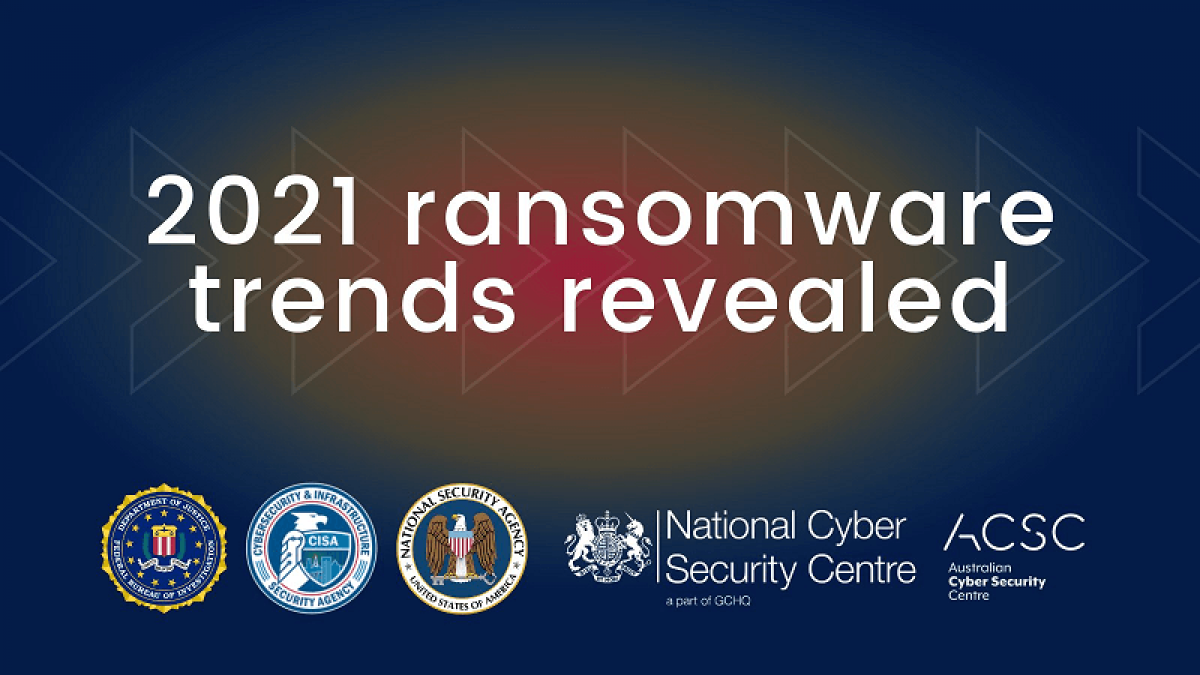Businesses facing a 'growing wave' of ransomware attacks

Joint advisory warns of increased, globalised threat from ransomware
UK, US and Australian cyber security authorities are warning of a growing wave of increasingly sophisticated ransomware attacks which could have significant consequences for businesses and organisations across the world.
In their joint advisory, they reveal that the tactics of ransomware groups evolved last year. Trends observed in 2021 include:
- targeting organisations on public holidays and weekends
- attacking industrial processes and the software supply chain
- targeting cloud services
- disrupting work and shutting down services
- holding organisations to ransom until demands have been paid
- increased use of cyber criminal 'services-for-hire'
- sharing of victim information between different groups of cyber criminals
- diversifying approaches to extorting money
The National Cyber Security Centre (NCSC) - one of the authors of this joint advisory - says ransomware attacks are among the most disruptive threats they respond to. For those who haven't adequately prepared, the damage can be devastating.
Businesses and organisations are encouraged to familiarise themselves with the risks and ensure their IT teams are taking the correct actions to bolster resilience.
The advisory suggests ways to mitigate risk of compromise by ransomware by implementing a requirement for multi-factor authentication, Zero Trust architecture, and a user training programme with phishing exercises.
Find the full text of the joint advisory on the NCSC website.
The advisory follows the NCSC's recently launched Ransomware Hub, which is a one-stop shop for advice on how ransomware works, on whether a ransom should be paid, and how to prevent a successful attack.
It also comes in the wake of the NCSC's updated guidance on actions to take when the cyber threat is heightened.
UK organisations which fall victim to a cyber attack should report the incident to the NCSC's 24/7 Incident Management team.
First published 10 February 2022